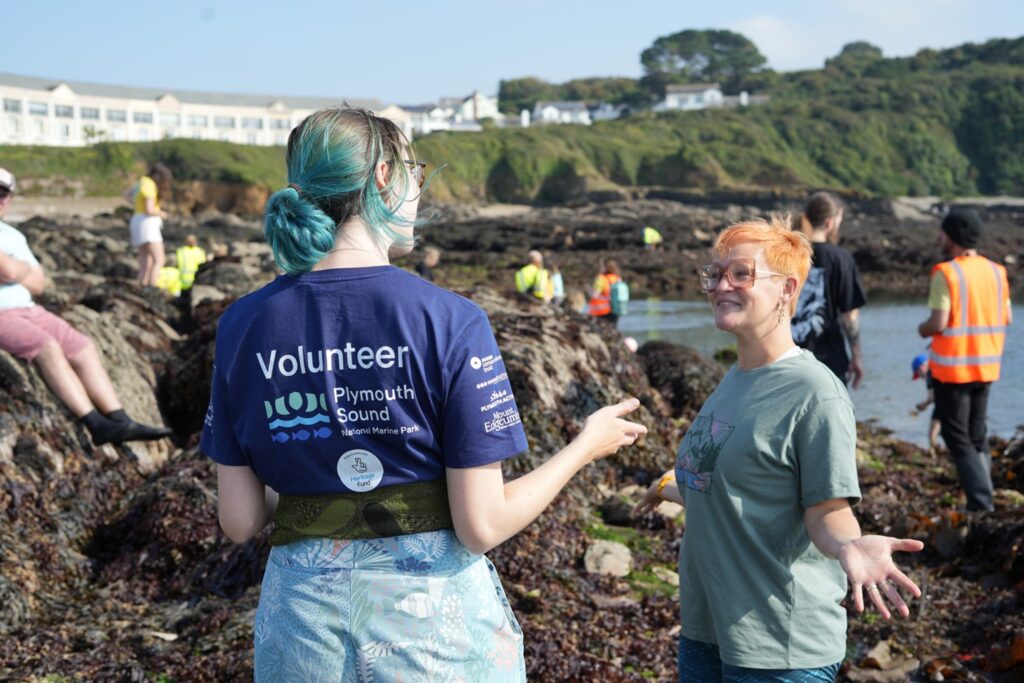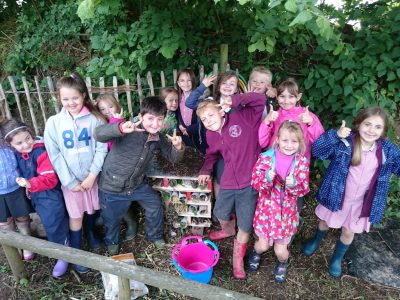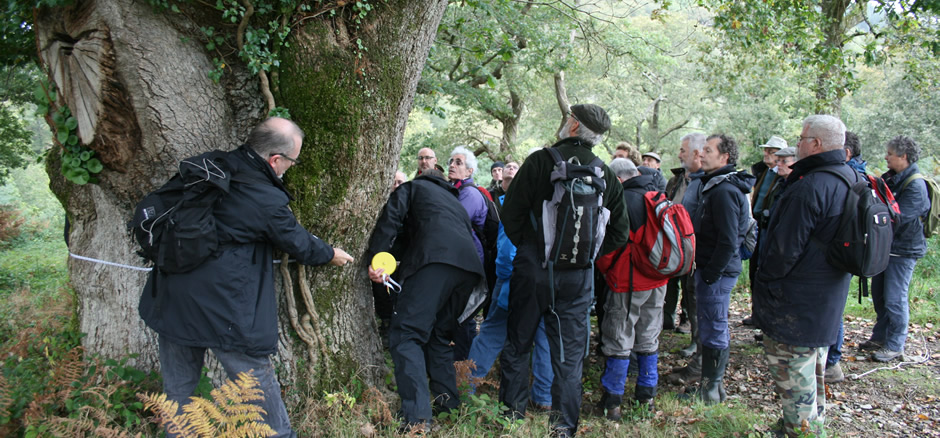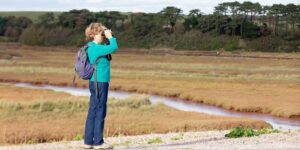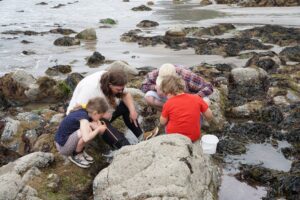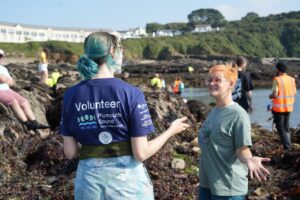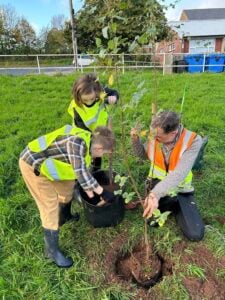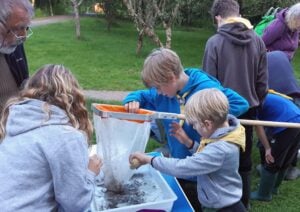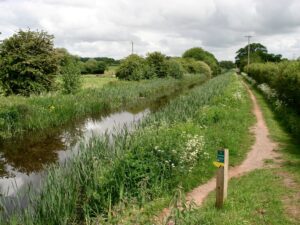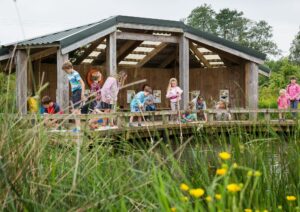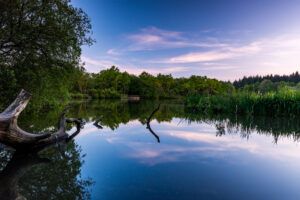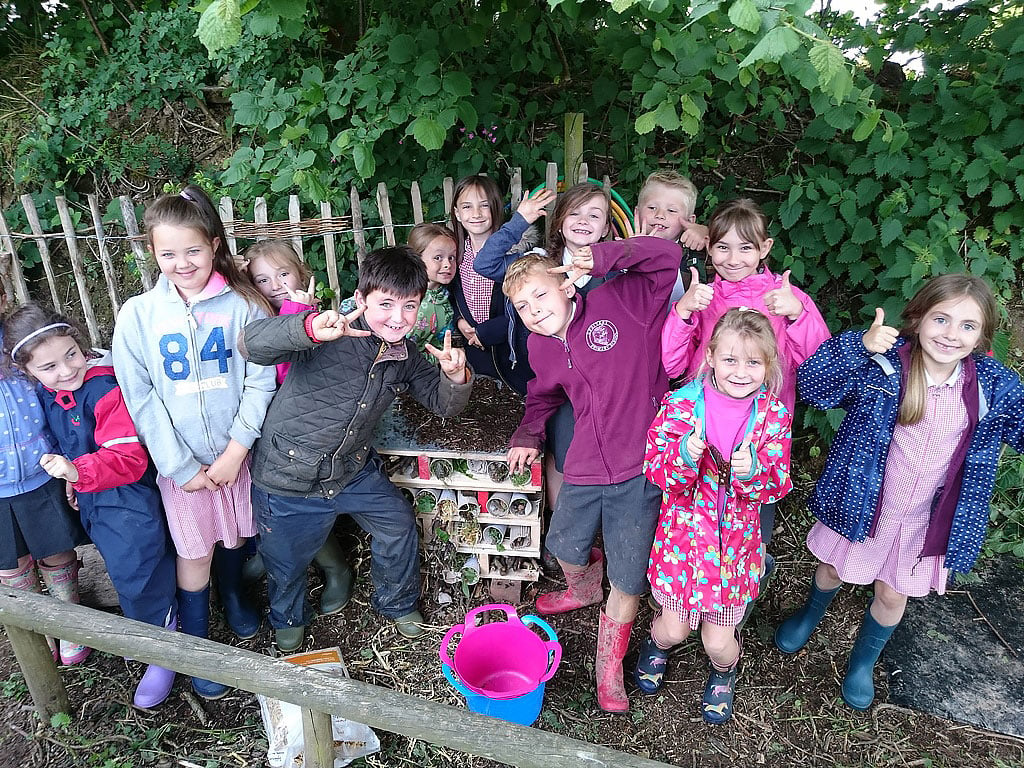Connecting with nature has huge benefits for people’s health, wellbeing and education. To ensure that nature is part of everyday life we need accessible wildlife-rich habitats across the county, especially where people live, work, play and learn.
Connecting people with nature in Devon is about creating fair, inspiring and meaningful opportunities for everyone to experience the benefits of the natural world—wherever they live and however they engage. There are lots of committed organisations, community groups, schools and individuals working across the county to help people get outside, connect with nature and make a difference.
The Devon Local Nature Partnership (LNP) has three county-wide networks that help to connect people and nature. For more information see the drop-downs below.
The LNP’s Naturally Healthy initiative aims to make sure that everyone can get outside, get active and experience the powerful benefits of connecting with nature for their health and wellbeing. The initiative is led by Devon County Council and Active Devon. It brings together the environmental, access and health and wellbeing sectors with networking meetings a few times a year. To find out more and join the network see the Naturally Healthy pages on the Local Nature Partnership website.
The Devon Connect website and JOY app are promoted as the main online places where people can find activities for nature connection in the county. Devon Connect is used to help publicise the Naturally Healthy May campaign each year and is likely to be even more important for future campaigns as activities will be badged as ‘Naturally Healthy’. The JOY app is used by Social Prescribers and so is a vital link between health and nature connection activities.
The Network of Environmental Educators in Devon (NEED) brings together a diverse group of people who are passionate about and facilitate environmental education across the county. The NEED vision is that everyone, everywhere, has access to the outdoors to learn and care about Devon’s nature, helping to increase environmental awareness and sustainability. The group has a large network of members who regularly meet to share information and best practice. To find out and to join the network see the NEED pages on the Local Nature Partnership website.
Outdoor Learning includes a wide range of approaches and activities, all based on learning that uses real world, immersive and memorable experiences that enrich and deepen understanding. Examples are:
- Environmental Education and Forest School.
- Fieldwork – specifically for geography and science but also very effective for history, culture and art.
- Adventurous activities, expeditions and residentials.
Outdoor Learning is more than a ‘nice to have’. Peer-reviewed, published research shows that when planned properly, and integrated into medium-term teaching plans and schemes of work, Outdoor Learning contributes significantly to pro-environmental and pro-social behaviour, improves academic attainment and extends intellectual grasp of subject content, and develops resilience, self-confidence and self-esteem. Being outdoors, in natural environments and engaged in purposeful activity, also has physical health and mental wellbeing benefits.
Outdoor Learning is learning about the environment, in the environment and, importantly, for the environment.
The Wild About Devon network supports community action for nature across Devon. The network includes in-person forums, an active Facebook Page, grant funds, award schemes, and online resources such as a Community Action Map and information signposting.
Members include committed individuals, active local community groups and organisations, Devon Association of Local Councils, Devon Communities Together, National Landscapes, National Parks, Devon Wildlife Trust, Wildlife Wardens, and many more!
See the Wild About Devon webpage for more information and how to get involved.
Devon County Council’s Explore Devon website promotes great places to visit and explore wildlife, history and geology across Devon. The website includes a map, information about sites and how to get there. Through the work for this strategy, more wildlife sites have been added to the map and each habitat and species page includes a few examples of places to visit and a link to the website.
Devon Connect is an online community hub that aims to connect people to their community and promote social action. It lists lots of events and volunteering opportunities and is supported by partners in the Devon Voluntary Alliance. See the Health and wellbeing and Naturally Healthy drop-down above.
Access to nature is about more than physical proximity. It’s about valued and used local spaces, inclusive design and community-led action. From mapping need and opportunity, to supporting grassroots projects and improving strategic planning, there’s lots of great work going on across Devon to connect people to nature in ways that reflect local priorities, support wellbeing and contribute to nature recovery.
This is a collective effort to make Devon a place where nature is for everyone – now and for the future.

